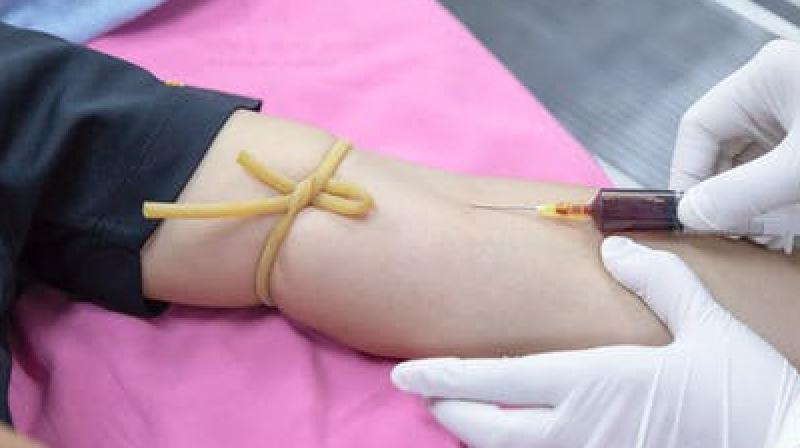Need to find better ways to detect chances of liver disease
Better methods needed for predicting risk of liver disease: Study.

Washington: Blood samples are considered the best way to identify people with severe liver conditions but researchers now suggest that a better method is needed for diagnosing liver diseases. Fatty liver is a common condition, associated primarily with type 2 diabetes and obesity, in which fat accumulates in the liver. Some people with fatty liver will develop cirrhosis of the liver or liver cancer, but it is hard to identify these individuals in time.
Different scoring systems are currently used where the risk of liver disease is estimated by using clinical parameters and blood tests, enabling doctors to identify people with advanced liver fibrosis. However, it is unclear how good these systems are at predicting the risk of severe liver disease in the general population.
The researchers behind the present study sourced the AMORIS cohort, which contains blood sample data from over 800,000 people who had been examined during health checkups and in primary care in Stockholm between 1985 and 1996. Scores from various blood-based scoring systems were cross-referenced with national registries to identify people who developed severe liver disease up to 27 years later.
Their results show that although there is a clear link between the scores on some of the examined scoring systems and the risk of liver disease, the general reliability of the methods is only moderate. The scoring systems were more effective for people with known risk factors for fatty liver, such as type 2 diabetes, than they were for people without known risk factors.
The researchers also found that the risk of developing severe liver disease was very low in people with normal scores in the examined scoring systems, reported the study published in the journal, 'Gastroenterology'.
"The results could be used to identify people at a very low risk of developing liver disease in the future, thus avoiding the unnecessary provision of care," said the study's corresponding author Dr Hannes Hagstrom, hepatologist at Karolinska University Hospital in Sweden and associate professor at the Department of Medicine, Karolinska Institutet (Solna and Huddinge).
"That said, new methods are needed to find people in the general population at a particularly high risk of developing severe liver disease and requiring medical treatment," concluded Dr Hannes Hagstrom.

